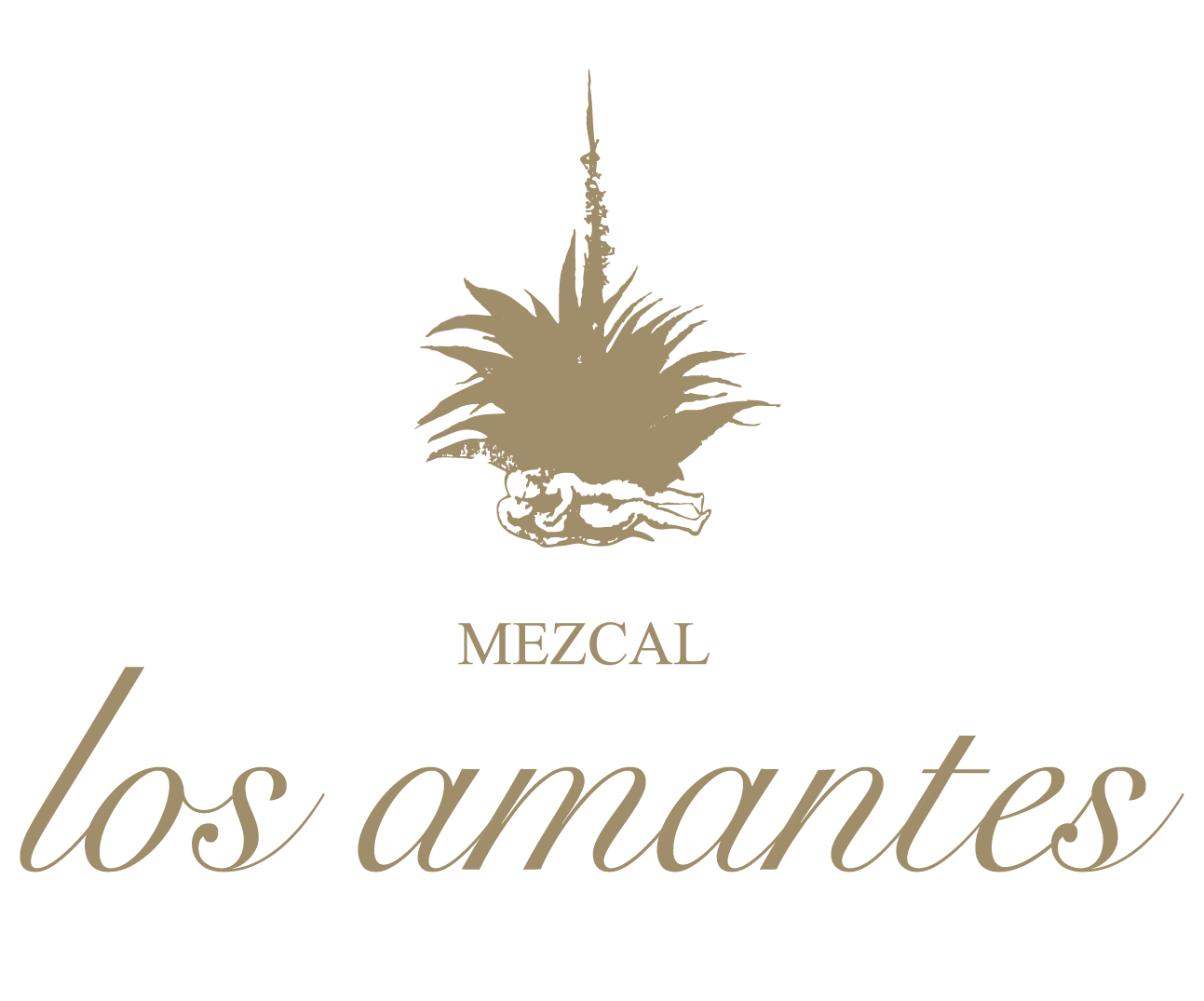Ignacio Carballido and Guillermo Olguin envisioned Los Amantes after a series of conversations between Oaxaca and New York. Following their inspiration, they developed Los amantes Mezcal with master distiller Eric Hernandez at Destilleria Tlacolula.
Los Amantes is one of the first brands of Mezcal in the United States, where the spirit was perceived as brute and undrinkable by wrongful stereotypes.
It was essential for Los Amantes to reflect the true essence of mezcal: a complex spirit full of subtleties of aroma and flavor.

The legend of Mayahuel
Los Amantes has been produced in our artisanal “palenque” (distillery) since 2003. Our palenque “Destileria Tlacolula” was the first certification issued by the mezcal regulation board, allowing us to mark our bottles with the NOM 001X.
Located about 30km (18 miles) east of Oaxaca City, in Tlacolula de Matamoros, a famous market town located in the central valleys. This route goes east towards the famous zapotec arqueological site of Mitla, known as the “ruta de mezcal” (the mezcal route).




